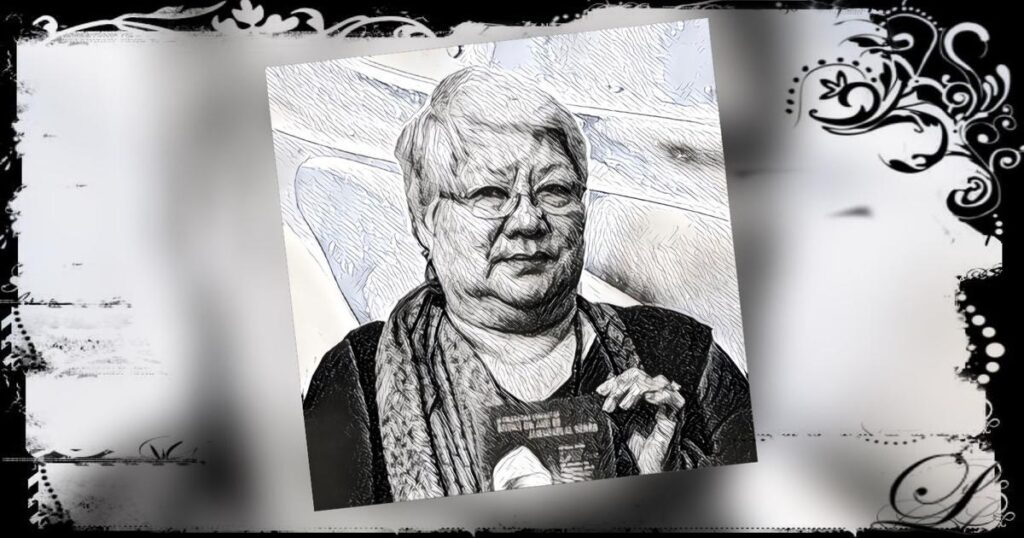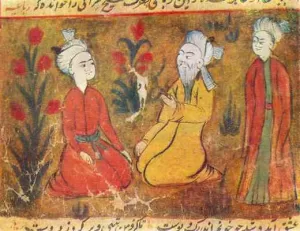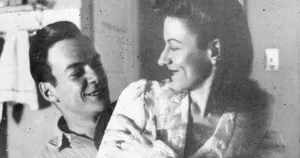I have lived my life believing
Story-telling was my proud legacy
— ‘The Old Story Teller’, by Temsula Ao.
The legacy of stories left behind after Temsula Ao’s death at the age of 76 is not contained within what has been published as poems and short stories or in her memoir. It is a vast ocean left behind for multitudes of readers and seekers to discover gradually. It is a legacy that will stand the test of time, for in her writings she pioneered the words and themes that were distinctly centred around the Naga community.
Temsula Ao was a storyteller in the same way as her ancestors, who passed on their memories and their wisdom by word of mouth, through dirges and laments or through exultations of joy and hope in songs and ballads. Readers of anglophone writing will be familiar with Ao’s poetry and her short stories, but to the Nagas and to the people of North-East India, she was a lot more: an educator, a government official, and someone who was to create a space and a distinct voice in the domain of English writing.
Born in Jorhat in Assam and taught in Assamese as a student, Ao went on to be one of the earliest English language writers from the region to be talked about beyond the Assamese literary landscape. She inspired other writers from neighbouring states to imagine the possibility of being published in the mainstream. Hers, in fact, was the first name that peeped out from beneath the overhanging shadow of Assamese literature which dominated the rest in North-East India – especially in terms of discovery by readers and publishers.
The Indian literary firmament has long tried – and succeeded to an extent – to create a non-existent category called “North-East Indian literature”, which clubs the writings from all seven states in the region. Not many outside the area realise, however, that each state has a writing culture of its own – which should be treated with its own distinct identity. Few have contested this term as vociferously as Temsula Ao: she did this through her writing and through her declarations in public forums.
Well before Temsula Ao’s writings came into existence through books, she used to teach at the North Eastern Hill University (NEHU) in Shillong, where she guided and nurtured students who would go on to be writers. She was, thus, already laying the foundation for a literary future for the region. One such student was Easterine Kire, who followed her teacher into becoming a lauded author.
Ao went on to become Director of the North East Zone Cultural Centre, Dimapur and was a Fulbright Fellow at the University of Minnesota in 1985-86. Her stint as a Fulbright Fellow, and her subsequent exposure and interactions with Native Americans led her to the task of recording the oral traditions of her tribe, the Ao Nagas. Her poetry has been part of the MA English syllabus of Nagaland University, and the MPhil English syllabus of NEHU.
Temsula Ao’s first collection of short stories, These Hills Called Home: Stories From A War Zone, published by Penguin-Zubaan in 2005 was ahead of its times. The stories are raw and laced with the brutal might of the Indian state and of what it did to its lesser citizens through its military and through laws that protect it from any scrutiny. Gruesome and replete with horrific elements of torture and oppression, the stories are also about resistance and resilience, and about how individuals can still take a stand against the might of an oppressive state in their own little ways.
Ao was later given the Sahitya Akademi award in 2013 for Laburnum for My Head, a collection of eight short stories, but it is the stories in These Hills Called Home that her readers will always hold in an intimate embrace – for expressing in words the plight of people brutalised by state militarisation, their spiralling into a dehumanised state, and the deprivations for a region cut off from the rest of the country by distance, ignorance and prejudice.
Raised in tough circumstances brought on by the early death of both parents, the remoteness of her home, and the additional responsibility of looking after her siblings, Temsula Ao negotiated plenty of rough personal terrain in her life. That she overcame each and every setback to inch her way towards becoming a teacher, an ethnographer, an academic, and a pioneering writer is testament to her indomitable will.
The centrality in the literary landscape of the region that she occupied was an extension of her persona: she was also someone who loved teaching and being with people, someone who had a public role in various capacities, someone who had an eclectic taste for music and sang with great delight. And it is this sum total that will be missed by those who knew her personally or through her books.
Go well, Temsula Ao. The words you crafted in your solitude over the years will continue to move readers and tell the world about the suffering and joys of your people.
(Courtesy: Scroll.in.)




